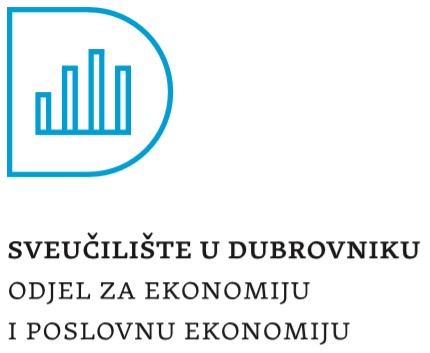
Training
|
Fundamentals of Digital Entrepreneurship Throughout the development of this Module, IDP has put great emphasis on the assumptions of Digital Entrepreneurship: both on its conceptual and operative models. After a general introduction to the definitions of Digital Entrepreneurship from EU sources, in the following Didact Unit the learning content provides great insights on what it takes to be a digitally-oriented problem solver and what is ORM (online reputation management) for business c Go to course |
|
What are the skills needed for Digital Entrepreneurship and how to boost them_2 The first Didactic Unit is dedicated to the Digital Business Planning and Management: the module developed by IHF is focused on two very relevant management tools: the SWOT Analysis and the GANTT Chart. Practical examples will follow on how to use them. The second Didactic Unit concerns the main techniques in order to engage and manage customers and suppliers: learning to understand consumer preferences taking into account the specificities of th Go to course |
|
What Are The Skills Needed For Digital Entrepreneurship And How To Boost Them_1 This course offers a training path with precise steps to follow during a website development, different options for its optimization, statistics and online marketing tools to enhance your online business webpage. Go to course |
|
Digital skills to build and position start-up branding The first didactic unit entitled Building a Brand Strategy addresses some basic notions about a brand and its purpose, introduces the concept of brand equity, and outlines the topic of brand positioning. The second didactic unit entitled Building Brand Identity defines and provides good practice examples of brand identity, brand authenticity, brand differentiation and brand storytelling. The third didactic unit Social Selling defines the component Go to course |
|
Business Models for Digital Entrepreneurship The first part of this module is dedicated to the introduction to business models where you get familiar with the concept of business models and understand the underlying logic of the most frequently used tools for defining business models – the business model canvas and lean canvas. The second part is focused on digital business models where you get familiar with its concept and characteristics, a digital business model classification is presente Go to course |
|
CAPTURING VALUE IN THE DIGITAL ENVIRONMENT This course teaches the students the main principles on how a company in the digital environment and data-driven economy captures value. The first module addresses the issue of setting the right value capture strategy. The seconds module explains details related to customer purchasing options. Namely, a product or service offering can be packaged in many ways for customer purchase. The packaging is here referred to as the customer purchasing optio Go to course |
|
Digital Communication Online Communication for Digital Entrepreneurship The Module ‘Digital Communication’ is structured in four units, each dedicated to a key issue related to online communication specific to digital entrepreneurship. The first Didactic Unit approaches the main aspects of Managing a Virtual team: defining a team, how the structure of the team is influenced by the physical location of each member, which are the main success and failure factors, how to organize effective virtual meetings and what techn Go to course |
|
Digital skills in managing startup finances This course provides an answer to two basic problems related to initiating innovative business activity. Firstly, it is conceptualization. A key aspect in this regard are digital skills, which will be given particular emphasis in this material. The second aspect of initi-ating business ventures is their financing. Given the multitude of financing sources oper-ating in the economic environment of enterprises, knowledge about them is crucial for mak Go to course |











